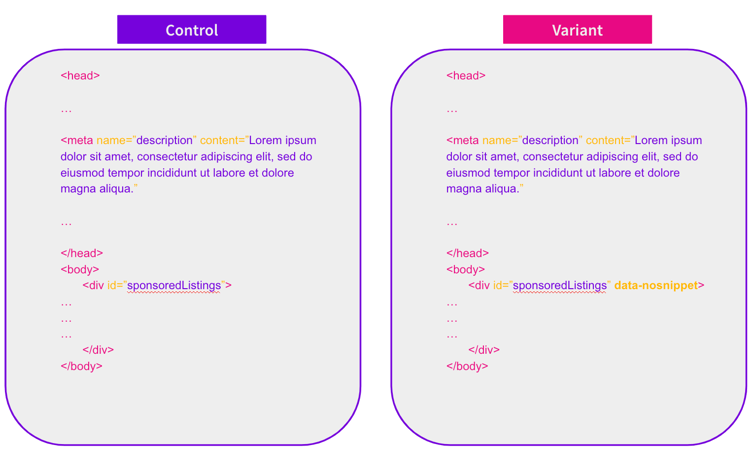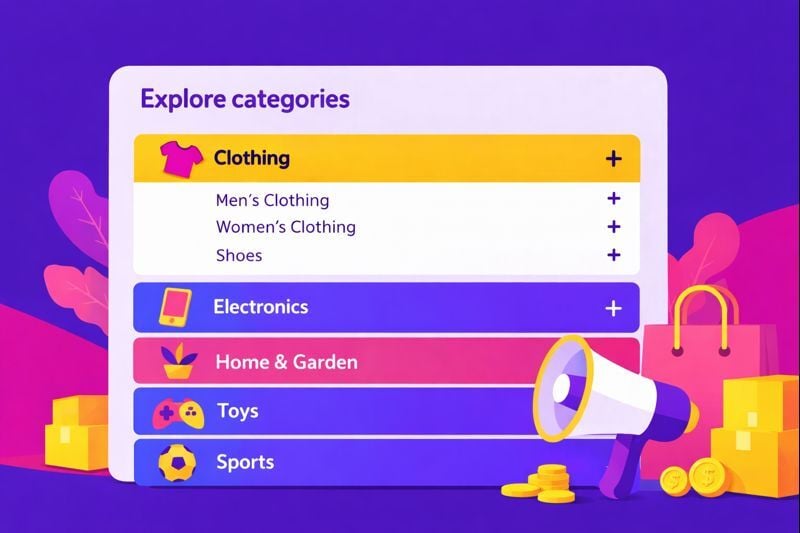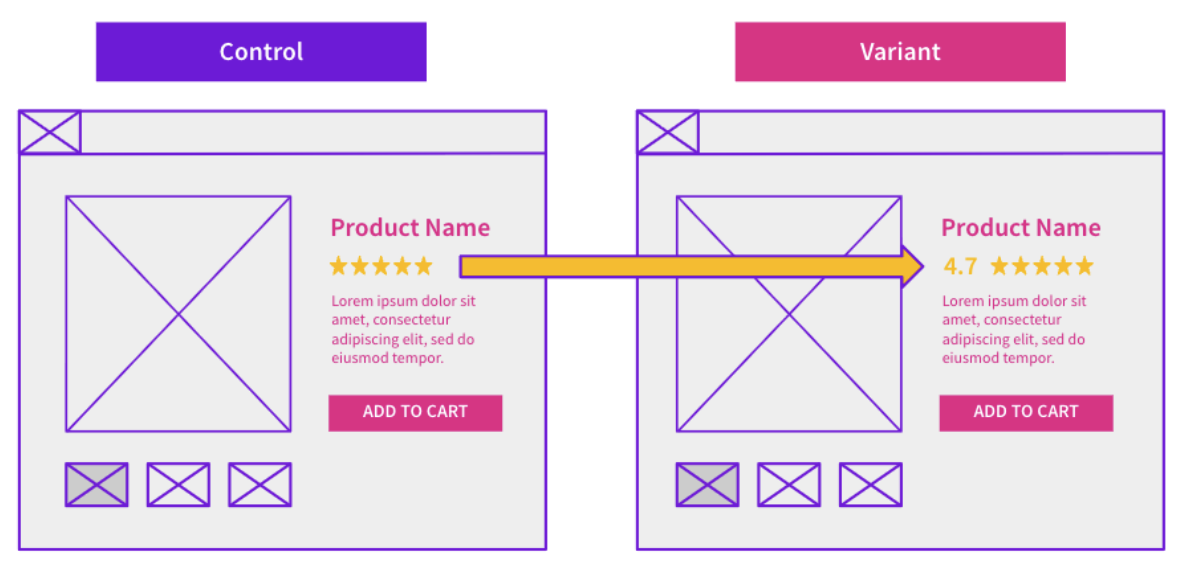Start here: how our SEO split tests work
If you aren't familiar with the fundamentals of how we run controlled SEO experiments that form the basis of all our case studies, then you might find it useful to start by reading the explanation at the end of this article before digesting the details of the case study below. If you'd like to get a new case study by email every two weeks, just enter your email address here.
In this week’s #SPQuiz, we asked our followers what they thought would happen if we added a data-nosnippet tag to the sponsored products at the top of the product listing pages, removing that content from the search results. After aggregating the results from X and LinkedIn, most people thought this would result in an inconclusive impact to organic traffic, though a not insignificant number of people thought it would be negative. Check out the rest of the case study below to see if they were right!
Poll Results:
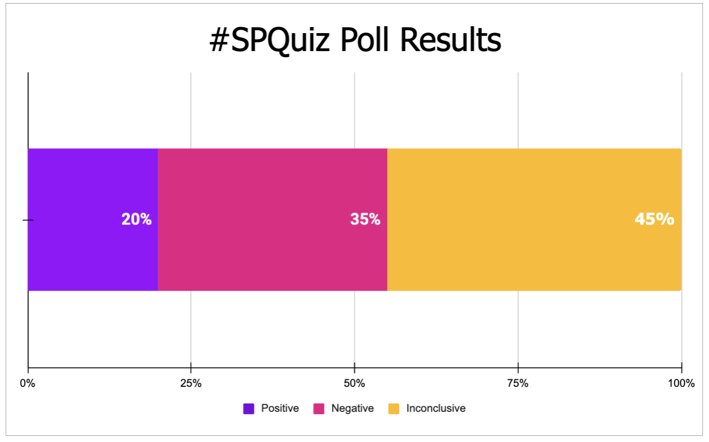
The Case Study
We know that meta descriptions are a driving force of click-through rates, though even when given one, Google has a tendency to rewrite them in a way that it thinks would be more relevant for users. One solution that SEOs have to combat this is the data-nosnippet attribute, which informs Google of the elements it can’t pull into the search results.
What was changed
We’ve tested using data-nosnippet in the past, specifically this test where we took it as far as we could go by essentially not letting Google use any content inside the body tag of a page. In this case, we put the attribute around the sponsored listings which are found at the top of the page. We had noticed that Google was pulling the prices, among other things, from these listings into the meta description and they didn’t always match the prices being displayed from the product price schema.
We hypothesized that this disparity could be hurting our click through rates and so we tested removing the sponsored listings from the eligible snippets to display the more enticing meta descriptions that were already set.
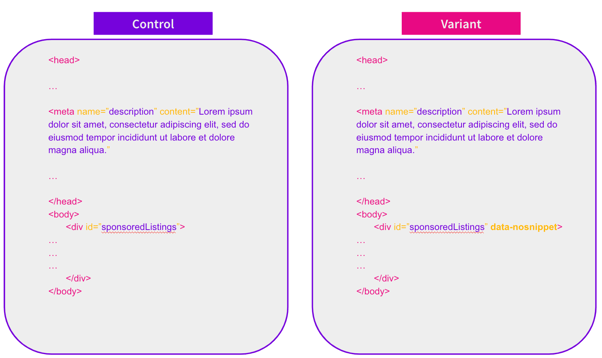
Results
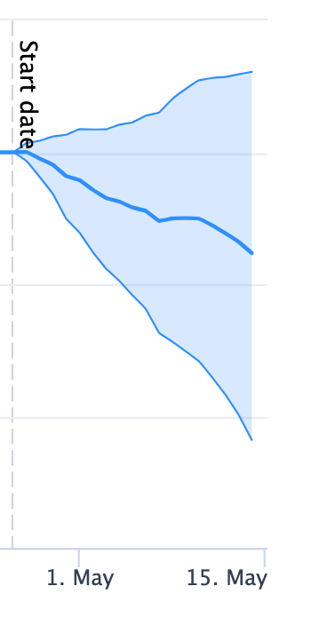
This test resulted in an inconclusive impact to organic traffic. We believe this is because the original meta descriptions were still relevant to the page and the price disparities were either unnoticed or unimportant to users. Due to the inconclusive result the customer decided not to implement this change in full.
This test highlights a theme we have been seeing recently where the changes that Google makes to meta descriptions are usually equal to, or better than the meta descriptions set on the page. This begs the question, should we be updating our meta descriptions to reflect what Google finds to be the most relevant information?
How our SEO split tests work
The most important thing to know is that our case studies are based on controlled experiments with control and variant pages:
- By detecting changes in performance of the variant pages compared to the control, we know that the measured effect was not caused by seasonality, sitewide changes, Google algorithm updates, competitor changes, or any other external impact.
- The statistical analysis compares the actual outcome to a forecast, and comes with a confidence interval so we know how certain we are the effect is real.
- We measure the impact on organic traffic in order to capture changes to rankings and/or changes to clickthrough rate (more here).
Read more about how SEO testing works or get a demo of the SearchPilot platform.
